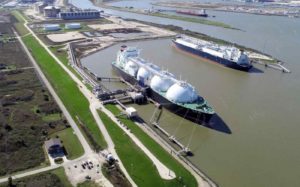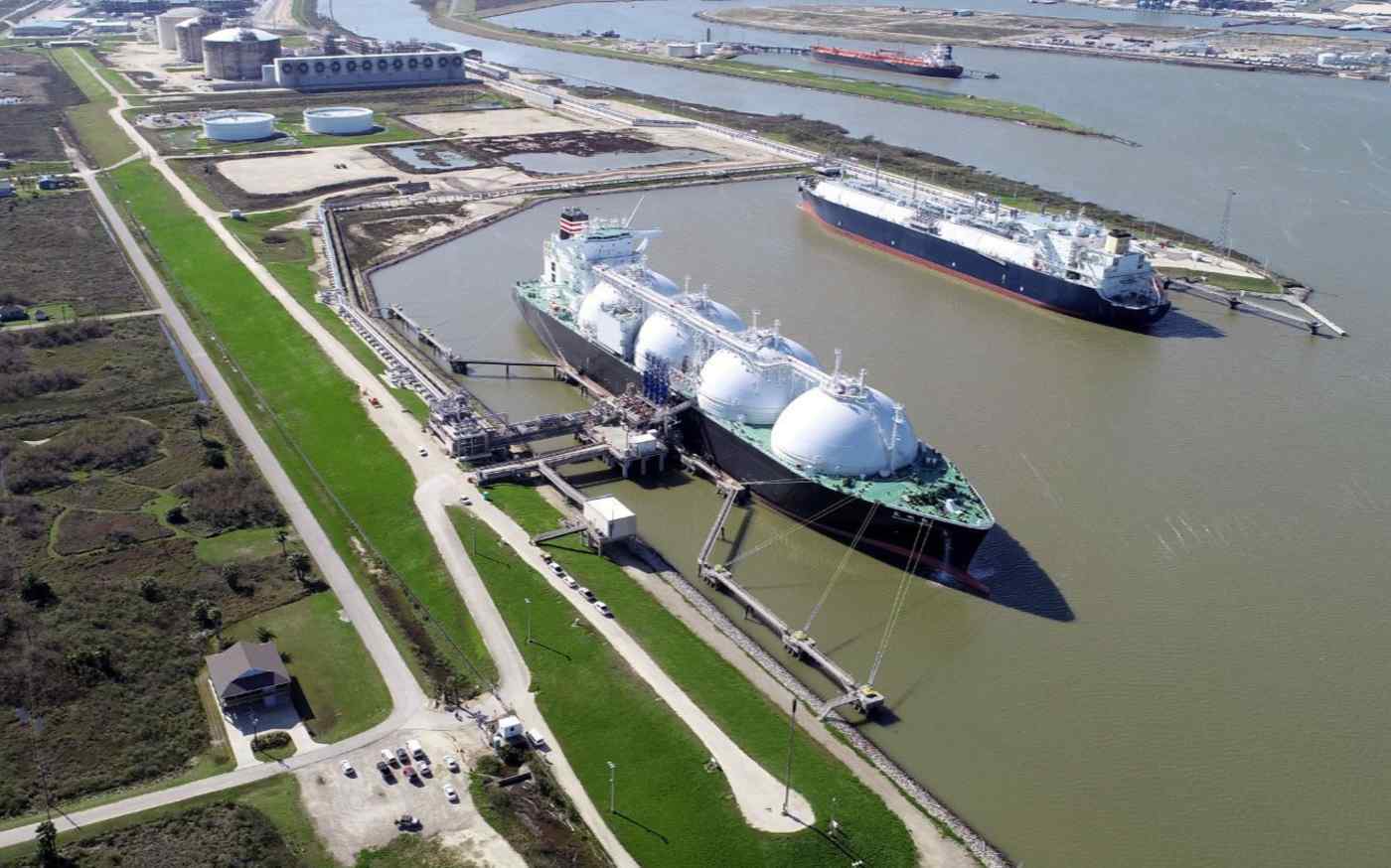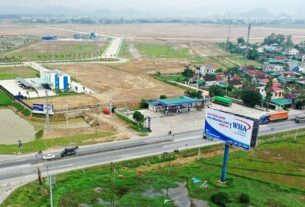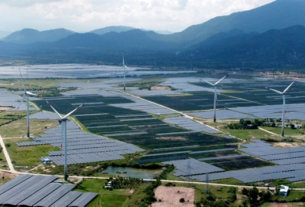
Japanese partners Tokyo Electric Power and Chubu Electric Power to join 4.5 gigawatt LNG power project in Vietnam
Site, to be built with Exxon Mobil, will be one of largest in Southeast Asia
A venture between two major Japanese power utilities will participate in building one of Southeast Asia’s largest natural gas-fired power plant and LNG offloading facilities in Vietnam.
JERA, a 50-50 joint venture between Tokyo Electric Power Company and Chubu Electric Power, will build the facility and be responsible for the liquefied natural gas supply, which will be redirected to Japan in case of a shortage. Access to the fuel is becoming increasingly uncertain due to Russia’s invasion of Ukraine and other factors. By having a hub in Asia, the partners aim to ensure a stable supply.
The project is being pursued with U.S. energy major Exxon Mobil with the investment ratio and other details being worked out. The project is expected to cost billions of dollars for the power plants and LNG terminals.
The site will import 6 million tons of liquefied natural gas per year, which is equivalent to under 10% of Japan’s annual imports in 2030. The fuel is expected to be procured from the U.S., Australia and other countries. By increasing the amount of LNG it handles, JERA aims to be able to respond flexibly by shifting carriers from Vietnam to Japan in the event of a shortage at home.
Work on the basic design will begin in March. A power plant will be built in the northern port city of Haiphong with a maximum output of 4.5 gigawatts, one of the largest outputs in Southeast Asia. It will first start operating on a 2 GW scale in 2026. LNG loading and unloading facilities, pipelines and tanks will also be constructed.
JERA is expanding its power generation business in Southeast Asia to increase the LNG volume it handles as domestic power demand for electricity shrinks. This will maintain its bargaining power on price.
The payback time for fossil fuel power plants is generally 10 to 20 years. JERA believes LNG will be necessary in the medium to long term as a bridge fuel to true decarbonization technologies such as ammonia or hydrogen.
JERA only imports about 10% of its LNG from Russia, so the Ukraine crisis has had a limited effect so far.
Although Vietnam’s energy demand is growing, LNG is not used. Among Japanese companies, Tokyo Gas and trading house Marubeni are aiming to start operations of a LNG-fired power plant in Quang Ninh province in the late 2020s. Total expenses are expected to be around $2 billion.
Source: https://asia.nikkei.com/Business/Energy/Japanese-partners-to-join-4.5-gigawatt-LNG-power-project-in-Vietnam


